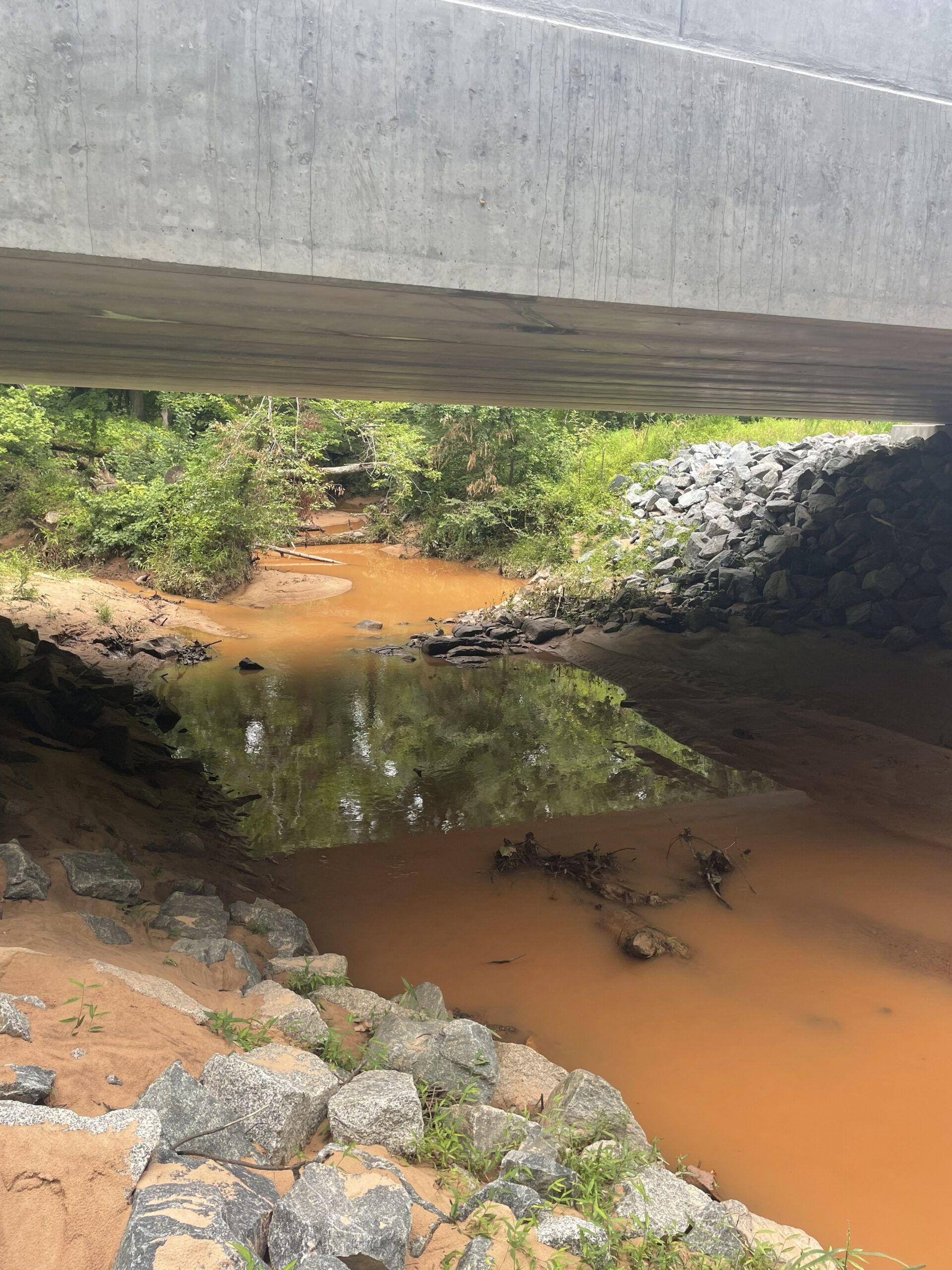News
Win: Durham planning board nixes huge development
Posted on July 13th, 2022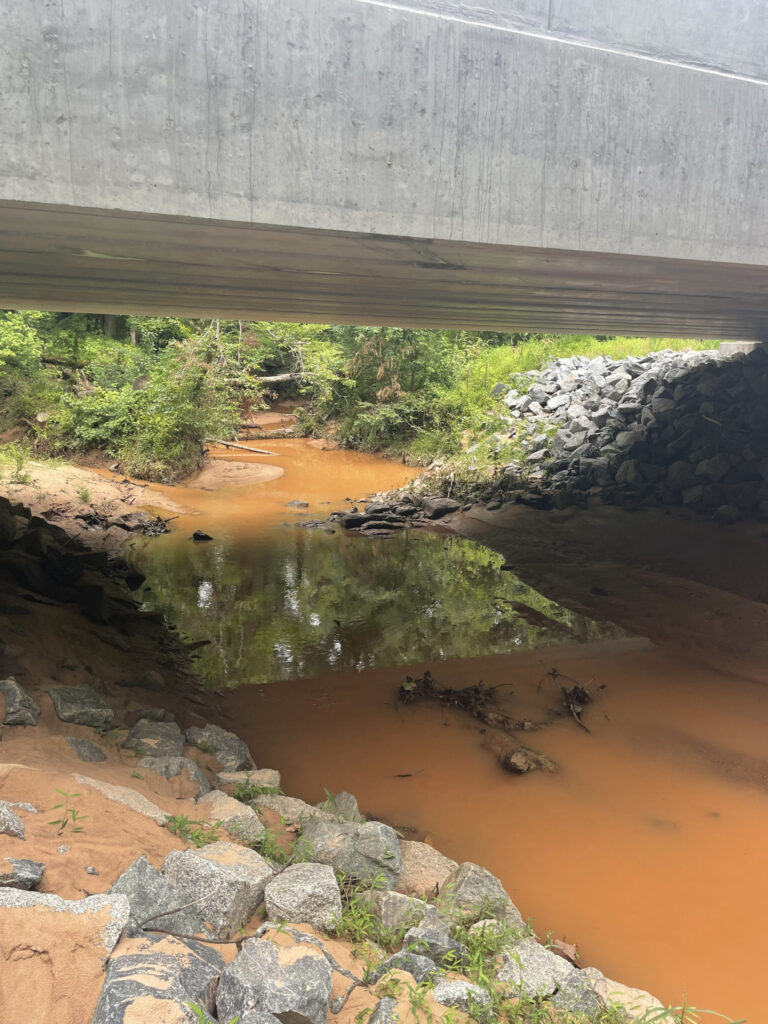
The Durham City-County Planning Commission unanimously shot down a request to rezone land for a 280-acre, 666-home project development — a win for local waterways.
Neuse Riverkeeper Samantha Krop was on hand at the meeting this week and in the field for the past two weeks, looking into complaints of erosion and sedimentation caused by construction of 12 separate developments currently going on the area surrounding Lick Creek. Some of those same people who requested Sound Rivers’ assistance spoke out at the Tuesday night meeting, including those who’ve lived their entire lives there and a 16-year-old, who spoke about the environmental concerns for her and future generations.
“There were a lot of public comments — more than 20 that were all against the proposal. I did not hear a single comment in favor of the proposal, besides the developer and their lawyer representative,” Sam said. “The public comments were largely focused on impacts of developments to Lick Creek and also the groundwater for a lot of the well-using residents nearby.”
After a rain, Lick Creek regularly turns red with soils washed into the creek. The creek is a tributary of Falls Lake Reservoir, a drinking water source for Wake County.
Discussion surrounding the potential rezoning ranged from a lack of infrastructure — schools, roads, etc. — and lack of affordable units on the proposed development to the scale of tree removal/grading and that the area is on North Carolina’s Natural Heritage Register for unique fauna in the mature hardwood forest on the property.

“The commissioners brought up a lot of great points on why the rezoning should not happen,” Sam said. “Many of their concerns echoed environmental concerns raised by the public.”
Another person who weighed in was a representative from Durham County Sediment and Erosion control.
“He basically said that they have three staff (with a fourth coming on in the future) who monitor over 260 projects across the county, and that they’re doing the best they can, but that sites are often not in compliance,” Sam said. “He also acknowledged that the soils are very erosive and difficult for construction in preventing runoff to the creeks.”
Sam said it seemed the developer would have to significantly reduce the size and scope of their proposal, include affordable housing units and completely revamp their sediment and erosion control plan to get support from the planning commission.
“I think the planning board made it clear that developers need to put the health of the watershed and the surrounding community at the forefront of future development proposals,” Sam said. “It is heartening to see the Durham Planning Commission stand in support of the many impacted locals who raised legitimate concerns.”
Related News

Sound Rivers to host press conference before Blounts Creek public hearing
November 14th 2024
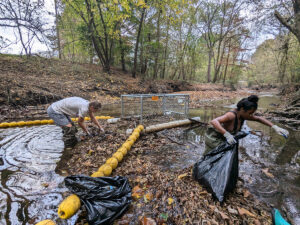
Honors college wraps up trash trap adoption
November 14th 2024
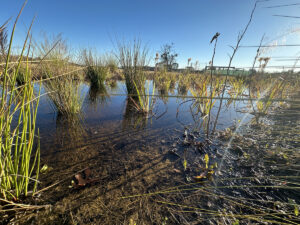
Stormwater education takes off
November 14th 2024

Sound Rivers shares mission, programs at science festival
November 14th 2024

Fuel spill in Oriental Harbor sparks Coast Guard investigation
November 14th 2024

Specialist on the hunt for Smithfield pollution source
November 7th 2024

Riverkeeper follows up on Swim Guide fails
November 7th 2024
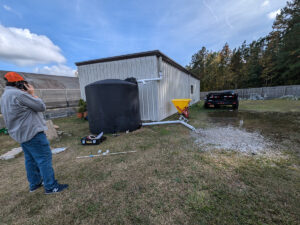
Greenhouse gets watering system via cistern
November 7th 2024


